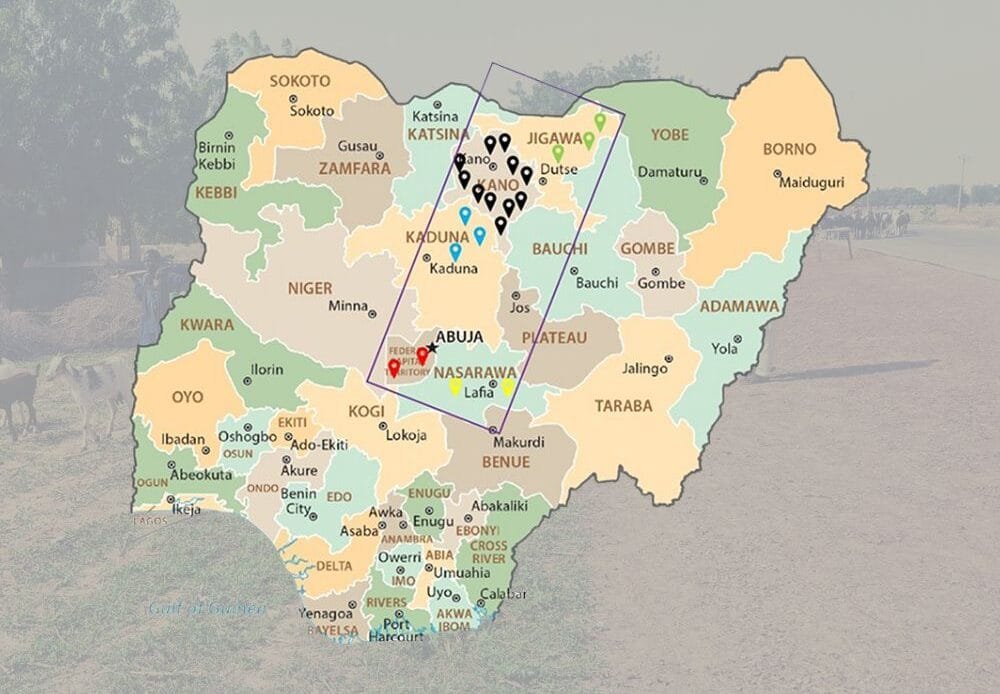The Foundation for Sustainable Smallholder Solutions (formerly Syngenta Foundation Nigeria) commissioned a survey of 384 smallholder farmers across Kano, Jigawa, Kaduna, Nasarawa and the Federal Capital Territory in March – May 2022 to assess the state of climate-smart agriculture (CSA) in Central and Northern Nigeria. The findings offer a clear, evidence-based guide for policy-makers and development partners seeking practical, scalable interventions.
Key findings
- High uptake of crop traits. Eighty-seven (87) percent of respondents have adopted at least one climate-resilient crop trait. Early-maturing varieties (84.1%), pest and disease resistance (74.7%) and drought tolerance (67.2%) were the most commonly adopted adaptations.
- Youth adoption gap. Adoption is highest among older and more experienced farmers, while younger farmers lag with a 77 percent adoption rate. This gap signals a potential long-term risk to sector vitality if youth are not deliberately engaged.
- Farmer priorities are pragmatic. Farmers prioritise reducing in-season crop loss (56%), increasing water-use efficiency (42%) and improving productivity (54%). Their needs emphasise immediate, practical measures rather than theoretical or long-term interventions.
- Barriers to scaling. Knowledge-intensive and capital-intensive practices such as soil testing, agroforestry and conservation tillage remain under-adopted. Farmers rely heavily on personal observation for information, while extension services, finance and risk-management instruments are insufficiently accessible.
Policy implications
- Strengthen extension systems, with emphasis on demonstration and hands-on training that translate technologies into routine practice.
- Design youth-targeted programmes that reduce entry barriers, combine technical training with livelihood support, and present agriculture as a viable career path.
- Package finance and risk-management tools alongside technical assistance to lower the upfront cost and perceived risk of adopting knowledge-intensive practices.
- Prioritise interventions that directly address farmer priorities, for example reducing crop losses and improving water productivity, to secure rapid benefits and build trust.
This research demonstrates that Nigerian smallholders are already embracing CSA, but lagging in knowledge-intensive practices, youth engagement and institutional support. Addressing these areas will be critical for building resilience, improving productivity and securing food systems under a rapidly changing climatic environment.
The Foundation delivers applied research, policy advisory services and field programmes that translate these kinds of findings into implementable approaches. Our work bridges evidence and action, helping partners design interventions that align with farmer priorities and local realities.
For those seeking to design climate-smart policies and programmes, this research offers a solid evidence base. We encourage policy-makers, NGOs and development partners to read the full study, State of climate-smart agriculture (CSA) practices in the North Central and Northwest zones Nigeria (Gabriel et al., 2023), available here.


